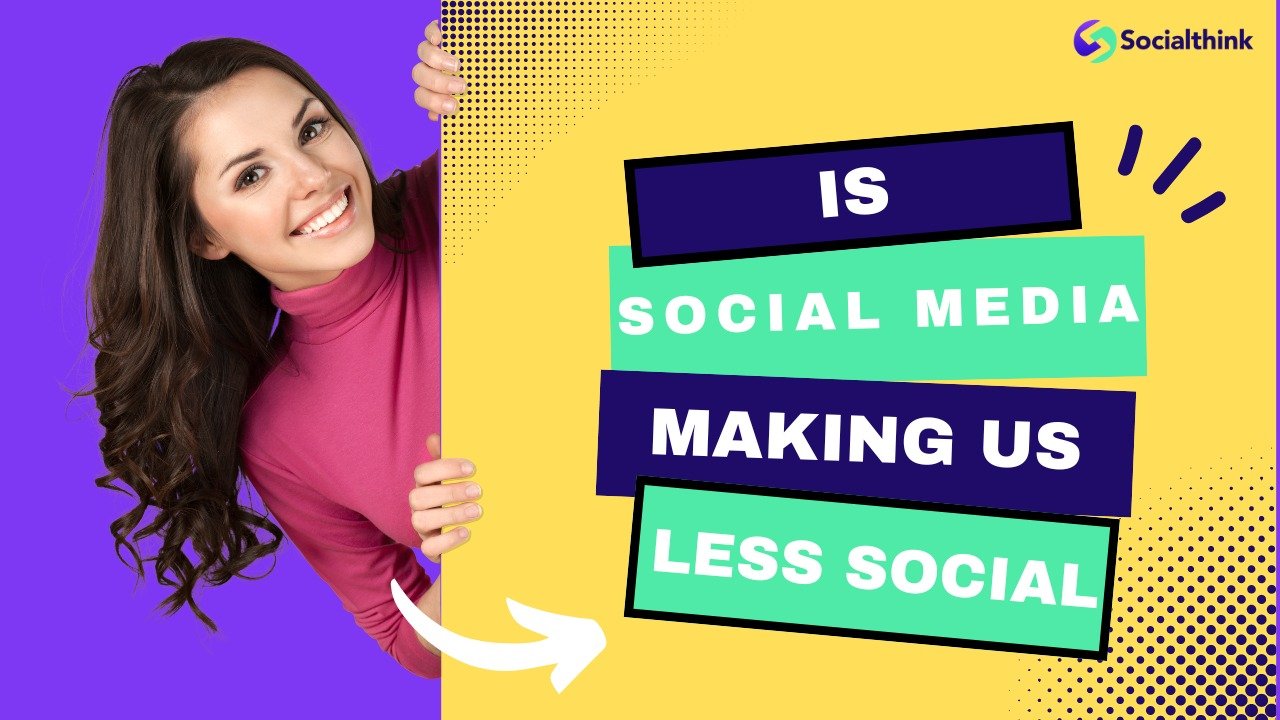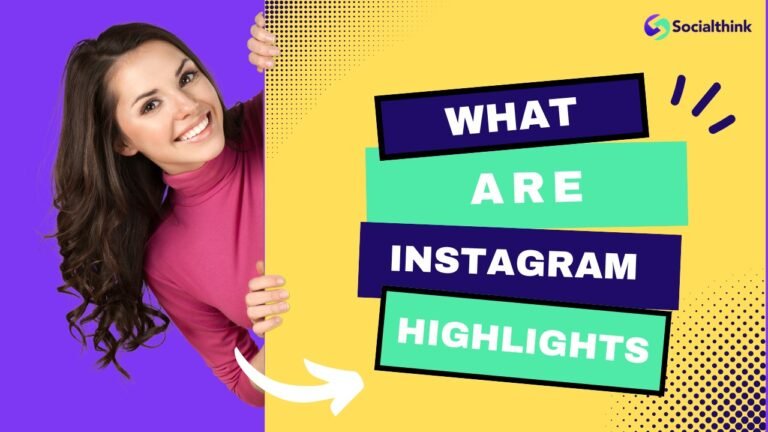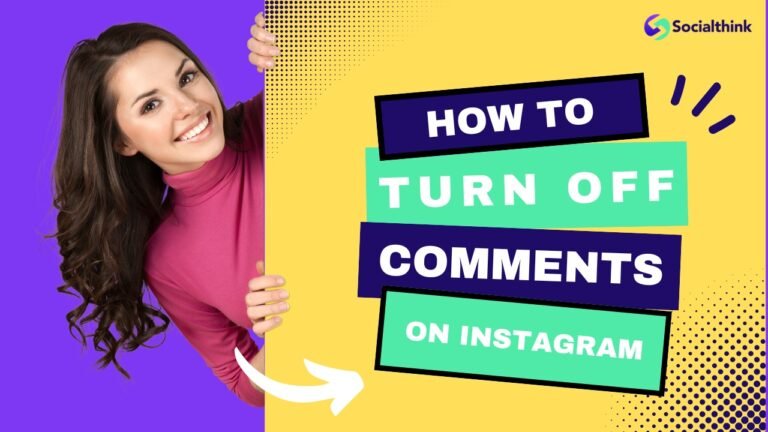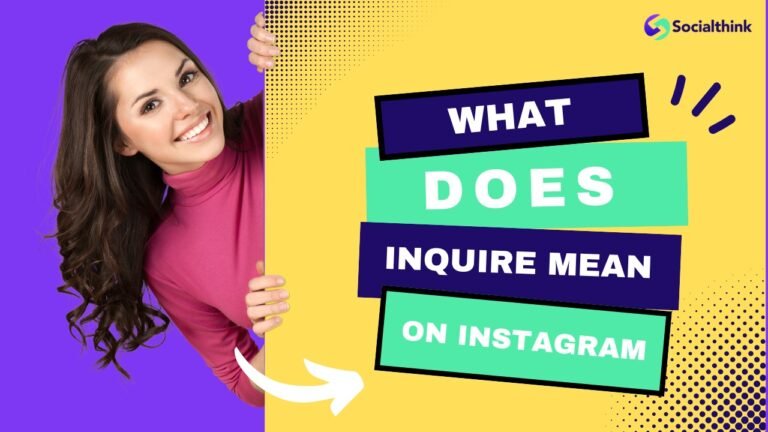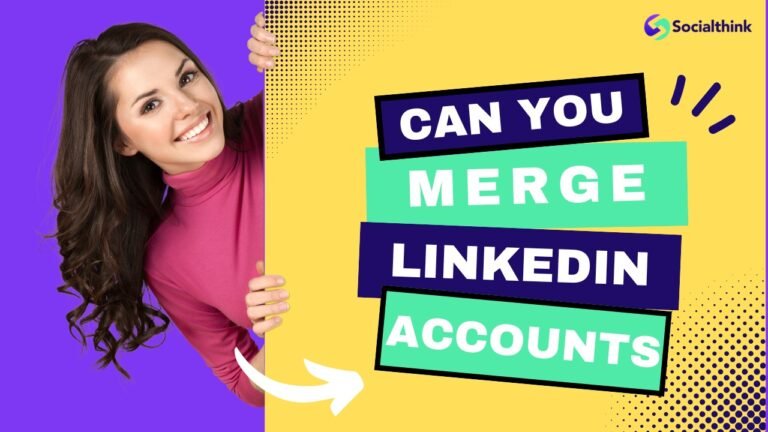Is Social Media Making Us Less Social & More Lonely? The Truth
In today’s digital age, social media has become an integral part of our daily lives. Platforms like Facebook, Instagram, Twitter, and TikTok have revolutionized the way we connect, communicate, and share experiences with others.
However, as our reliance on social media grows, many experts are questioning whether it is actually making us less social in the real world.
At Social Think, we specialize in providing actionable social media insights and analytics to help businesses navigate this complex landscape. In this article, we’ll explore the impact of social media on our social lives and what the future may hold.
Is Social Media Making Us Less Social?
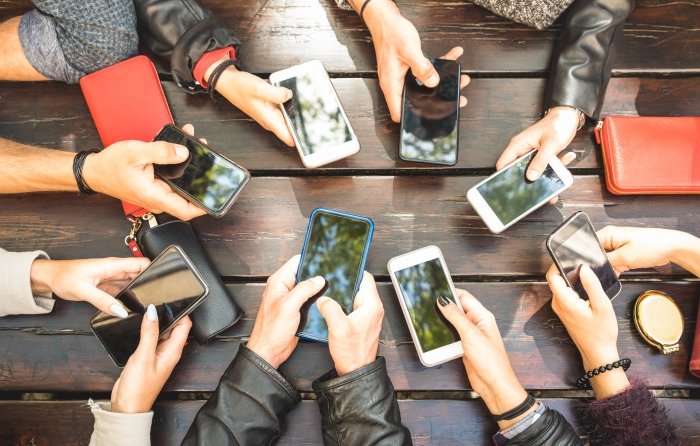
The question of whether social media is making us less social has been a topic of debate for years. On one hand, social media allows us to stay connected with friends and family across the globe, discover new communities, and expand our social circles.
On the other hand, excessive use of social media can lead to feelings of loneliness, social isolation, and a decrease in face-to-face interactions.
Social Media’s Impact on Social Interaction
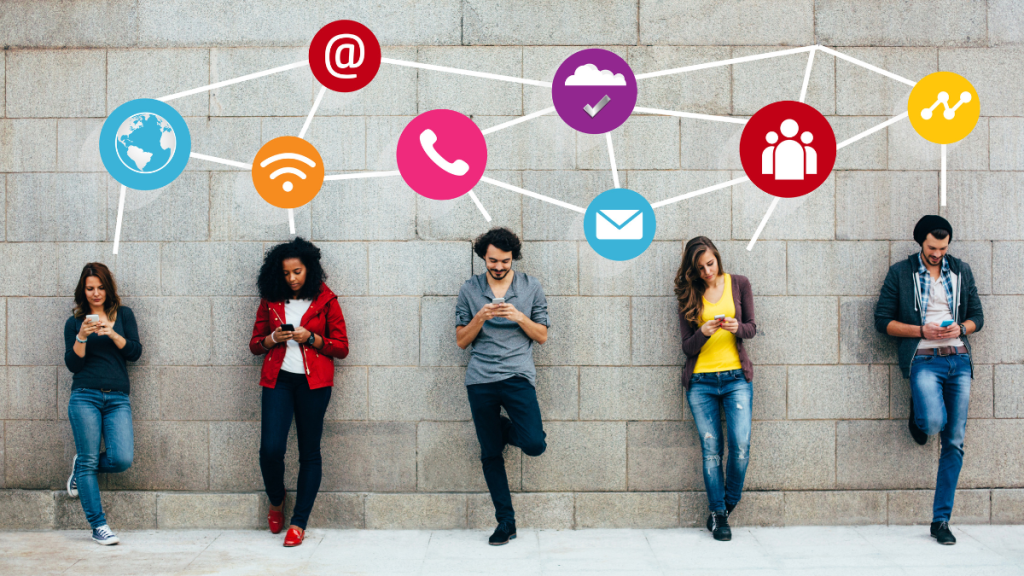
How Social Media Affects Face-to-Face Communication?
One of the most significant concerns about social media is its impact on face-to-face communication. Studies have shown that the more time people spend on social media, the less time they spend engaging in real-life social interactions. This can lead to a decline in social skills, as individuals become more comfortable communicating through screens than in person.
The Relationship Between Social Media Use and Loneliness
Despite the promise of social media to connect us with others, research has found a link between high levels of social media use and increased feelings of loneliness. This may be due to the phenomenon of social comparison, where individuals compare their lives to the created highlight reels of others on social media, leading to feelings of inadequacy and isolation.
Social Media Addiction and Its Consequences
Social media addiction is a growing concern, particularly among younger generations. Excessive use of social media can lead to negative consequences such as decreased productivity, poor mental health, and strained personal relationships. As a society, we must be aware of the potential risks of social media addiction and take steps to promote healthy usage habits.
How and Why Social Media Makes us Unsocial?
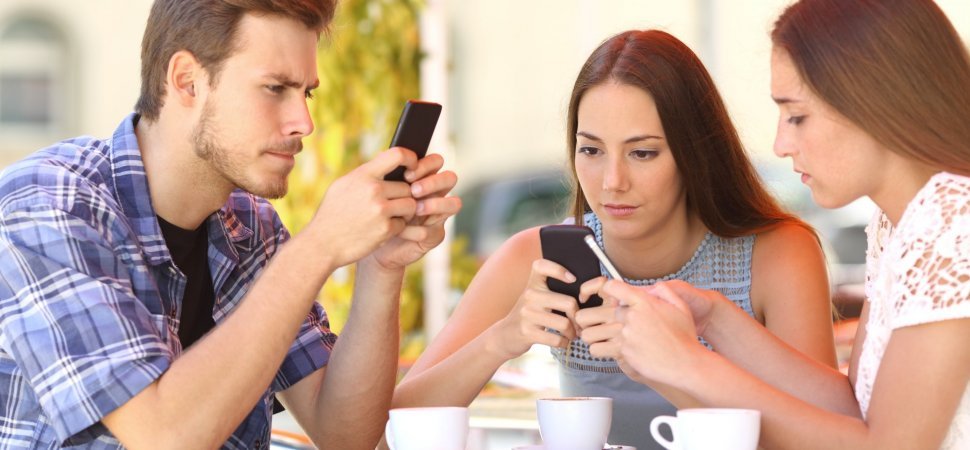
Ways in Which Social Media is Making Us Unsociable or Antisocial
- Social Comparison: Constantly comparing our lives to the created images on social media can lead to feelings of inadequacy and low self-esteem.
- Slacktivism: Social media can create a false sense of activism, where individuals feel they are making a difference by simply liking or sharing a post, rather than taking real-world action.
- Loneliness: Despite being constantly connected, high levels of social media use have been linked to increased feelings of loneliness and isolation.
- Decreased Time With Loved Ones: Spending excessive amounts of time on social media can take away from valuable face-to-face interactions with friends and family.
- Perpetuates Jealousy: Seeing the highlight reels of others’ lives on social media can lead to feelings of jealousy and resentment.
- FOMO (Fear Of Missing Out): Social media can create a constant sense of FOMO, leading individuals to compulsively check their feeds and neglect real-life experiences.
- Betterment Burnout: The pressure to constantly improve and present a perfect image on social media can lead to burnout and mental health issues.
Positive Effects of Social Media on Socialization
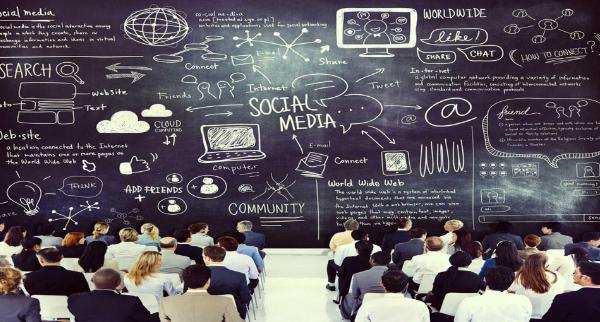
While there are certainly negative aspects to consider, social media also has the potential to positively impact our social lives in several ways:
Staying Connected With Friends and Family
Social media platforms like Facebook and Instagram allow us to stay in touch with friends and family members, regardless of geographic distance. This can be particularly beneficial for maintaining long-distance relationships or reconnecting with old friends.
Meeting New People With Similar Interests
Social media can be a great tool for discovering new communities and connecting with individuals who share similar interests. Whether it’s joining a Facebook group for a hobby or following a hashtag on Twitter, social media makes it easier than ever to find like-minded people.
Participating in Online Communities
Online communities on platforms like Reddit and Discord provide a space for individuals to discuss topics they’re passionate about, seek advice, and form genuine connections with others. These communities can be a valuable source of support and socialization, particularly for those who may struggle with face-to-face interactions.
Negative Effects of Social Media on Socialization
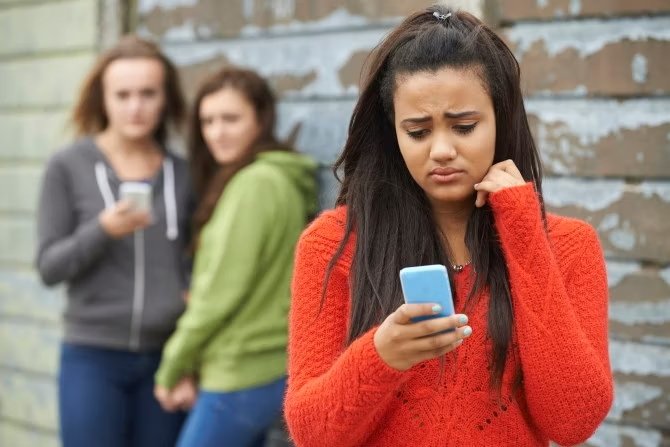
While social media has the potential to enhance our social lives in some ways, it’s important to also recognize the negative effects it can have on socialization:
Decreased Quality of In-Person Interactions
As individuals become more reliant on social media for communication, the quality of in-person interactions may suffer. Face-to-face conversations may feel awkward or stilted, as people struggle to engage without the aid of screens and digital distractions.
Fear of Missing Out (FOMO) and Constant Checking
The fear of missing out (FOMO) is a common experience among social media users, leading to compulsive checking of feeds and notifications. This constant need to stay connected can detract from real-life experiences and interactions.
Cyberbullying and Its Impact on Self-Esteem
Social media can be a breeding ground for cyberbullying, particularly among younger users. The anonymity and distance provided by screens can embolden individuals to engage in hurtful behavior, leading to decreased self-esteem and mental health issues for those on the receiving end.
Social Media and Mental Health: What The Research Says?
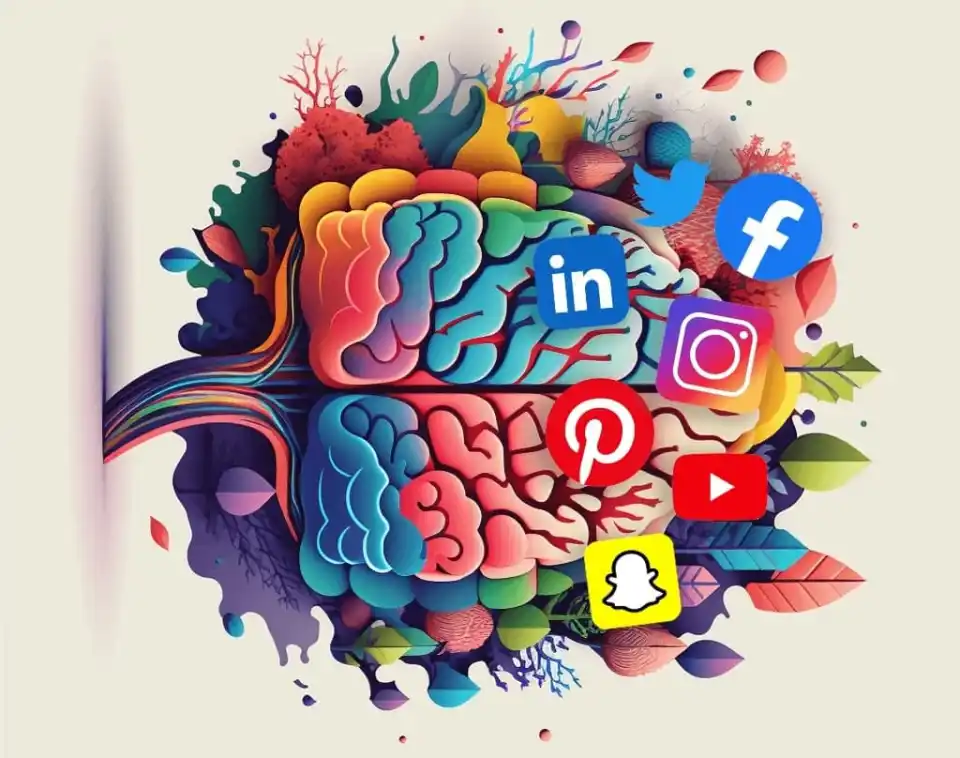
Recent studies show a complicated link between social media and mental health. Connecting with others online can be helpful.
However, using it too much, especially when comparing ourselves to others, is strongly linked to higher levels of anxiety, depression, and loneliness.
Finding a healthy balance is important. Being mindful of how social media is used, setting limits, and valuing in-person communication can reduce negative effects. This approach allows social media to be a tool for nurturing healthy social connections.
Studies Linking Social Media Use With Increased Feelings of Loneliness
Many studies show a troubling link between too much social media use and feelings of loneliness, especially in young adults. Although social media is meant to help people connect, the way we interact online can make us feel more isolated and alone.
People who spend a lot of time on social media, like scrolling through posts and comparing their lives to others, often feel lonelier and more isolated. This is compared to those who use social media less or mainly to stay in touch with close friends and family.
These findings suggest that if we use social media too much or instead of meeting people in real life, it can harm our mental health and lead to feelings of loneliness. This shows how important it is to use social media carefully, focus on face-to-face interaction, and build real connections outside the internet to reduce feelings of isolation and help us feel like we belong.
The Role of Social Comparison and its Effect on Self-Esteem
Social comparison, which is made worse by social media showing perfect lives, can hurt our self-esteem. When we regularly see others’ successes and happy moments, we naturally start to compare ourselves. This can create feelings of not being good enough.
This constant need to compare can be especially harmful for young people. They are still figuring out who they are and what they value. Seeing others’ carefully managed online images can set untrue standards. This can lead to feeling inadequate, which may cause lower self-esteem, anxiety, or depression.
To reduce these negative effects, it is important to view social media carefully. We should remember that social media often shows a fake version of reality. Instead, we should focus on our own achievements and practice being kind to ourselves. This can help strengthen our self-esteem despite the widespread comparison on social media.
Balancing Social Media Use and Real-Life Socialization
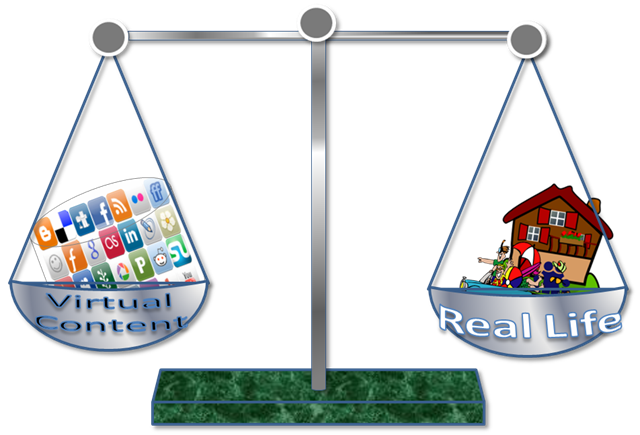
Setting Boundaries and Limiting Screen Time
To maintain a healthy balance between social media use and real-life socialization, it’s important to set boundaries and limit screen time. This may involve setting specific times of day to check social media, turning off notifications, or designating “phone-free” zones in your home.
Prioritizing Face-to-Face Interactions
Making a conscious effort to prioritize face-to-face interactions can help counteract the negative effects of social media on socialization. This may involve scheduling regular meet-ups with friends, joining a club or sports team, or simply engaging in more conversations with colleagues at work.
Using Social Media Mindfully
Using social media mindfully involves being aware of how it makes you feel and adjusting your habits accordingly. If scrolling through Instagram leaves you feeling envious or inadequate, it may be time to take a break or unfollow accounts that trigger negative emotions. Instead, focus on using social media in ways that genuinely enhance your life and relationships.
Strategies For Healthy Social Media Use
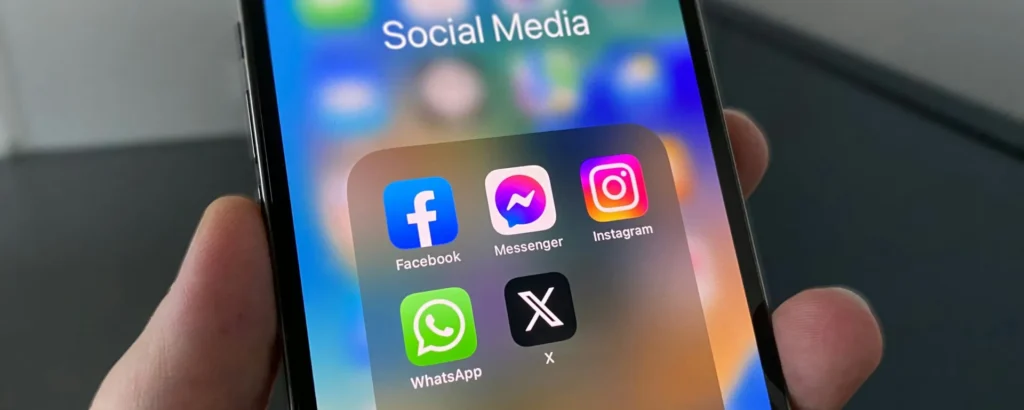
Navigating the digital age means we need to build a good relationship with social media. We must pay attention to how we use it and focus more on real-life interactions. This helps us create real connections and keep our minds healthy.
We can use simple strategies.
Setting Boundaries For Social Media Consumption
Establishing clear boundaries around social media use is important for maintaining a healthy relationship with these platforms. This may involve setting time limits, designating specific times of day for checking feeds, or taking regular breaks from social media altogether.
Using Social Media to Enhance Rather Than Replace Personal Relationships
While social media can be a valuable tool for staying connected with others, it’s important not to let it replace face-to-face interactions entirely. Use social media to enhance your personal relationships by sharing meaningful content, engaging in thoughtful conversations, and making plans to meet up in person when possible.
FAQ’s:
Does Social Media Make People More Isolated?
While social media has the potential to connect us with others, excessive use has been linked to increased feelings of loneliness and isolation. It’s important to strike a balance between online and offline interactions.
Can Social Media Improve Social Skills?
In some cases, social media can provide opportunities to practice social skills, particularly for individuals who struggle with face-to-face interactions. However, it’s important not to rely on social media as a sole means of socialization.
How Does Social Media Affect Relationships?
Social media can have both positive and negative effects on relationships. While it can help maintain long-distance connections, excessive use can lead to decreased quality of in-person interactions and feelings of jealousy or resentment.
Is Social Media Addiction a Real Problem?
Yes, social media addiction is a growing concern, particularly among younger generations. Excessive use can lead to negative consequences such as decreased productivity, poor mental health, and strained personal relationships.
Does Social Media Make People Less Socially Active?
Research suggests that high levels of social media use can lead to decreased real-life social interactions and activities. However, this depends on individual usage habits and the ways in which social media is used.
How Can I Use Social Media to Genuinely Connect With Others?
To use social media in a way that fosters genuine connection, focus on engaging in meaningful conversations, sharing authentic content, and using platforms to make plans for face-to-face interactions. Avoid falling into the trap of passive scrolling or social comparison.
Conclusion
In conclusion, the impact of social media on our social lives is complex and multifaceted.
While platforms like Facebook, Twitter, and Instagram offer valuable opportunities for connection and community, excessive use can lead to negative consequences such as decreased face-to-face interactions, feelings of loneliness, and poor mental health.
As we navigate the ever-evolving digital landscape, it’s important to be mindful of our social media habits and strive for a healthy balance between online and offline socialization.
At Social Think, we understand the power of social media and the importance of leveraging it effectively. Our team of experts specializes in providing actionable social media insights and analytics to help businesses make informed decisions and drive results.
Whether you’re a small business owner or a marketing professional, we’re here to help you navigate the complex world of social media and achieve your goals.
As the social media landscape continues to evolve, it’s more important than ever to stay informed and adaptable.
By really getting how social media can affect our social lives and making an effort to use it in a healthy way, we can make the most of these platforms while cutting back on the downsides.
So, let’s embrace the opportunities that social media provides while also prioritizing the value of real-life connections and experiences.

